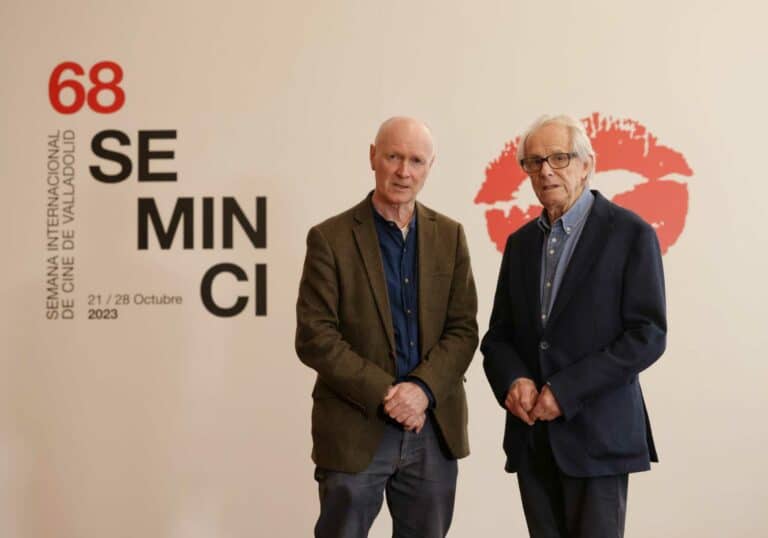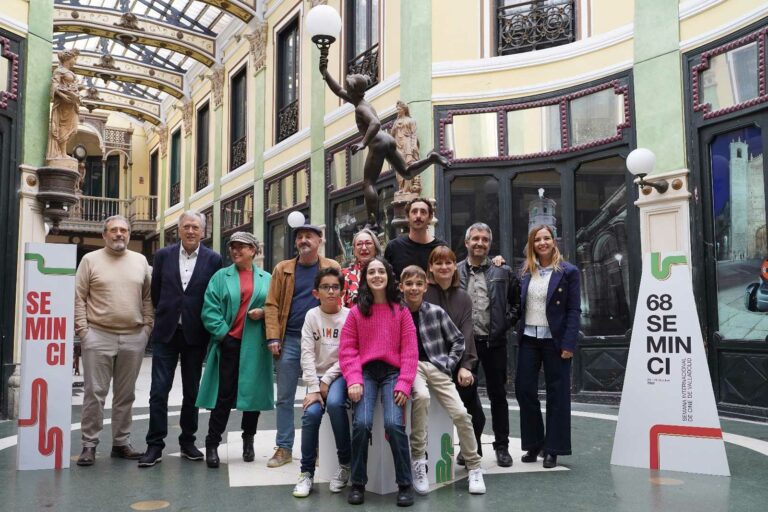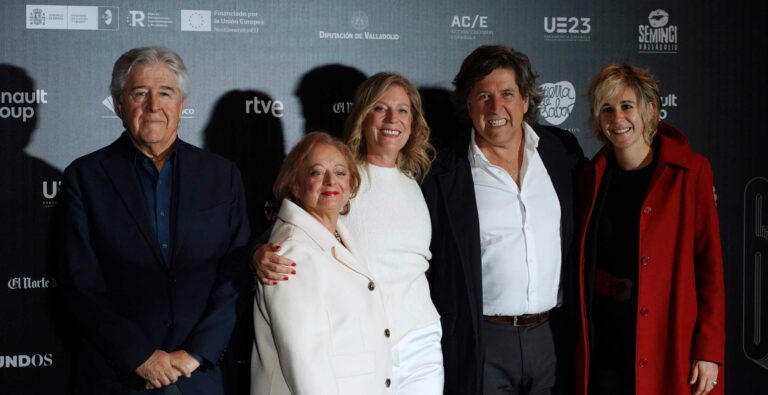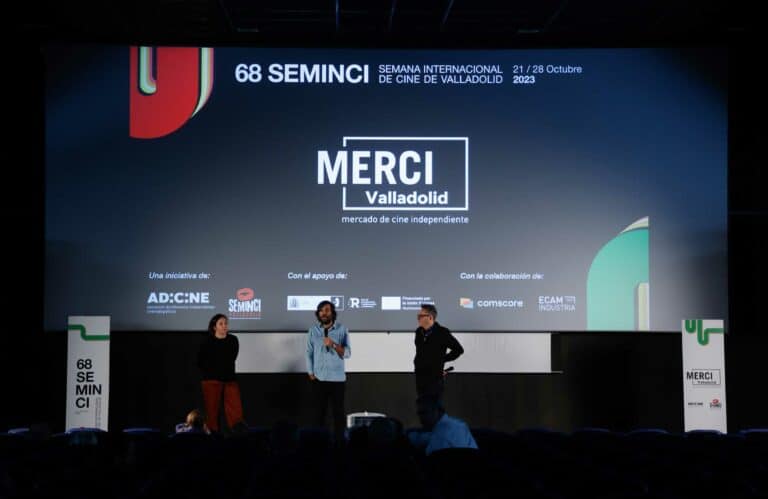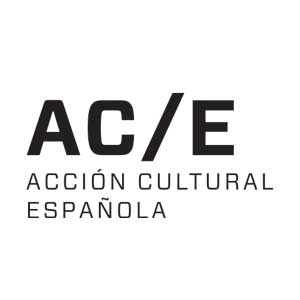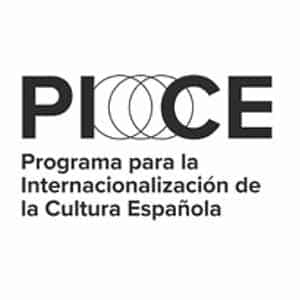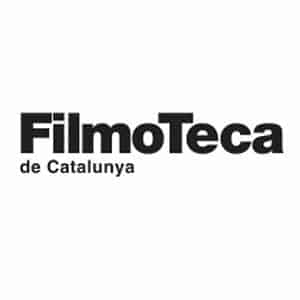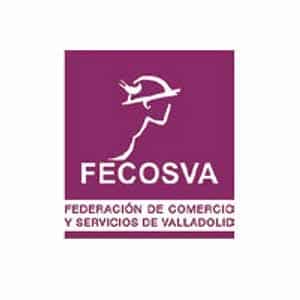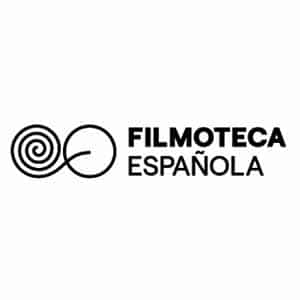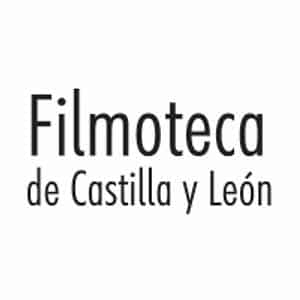The director of Los montes and El filandón will be the protagonist of the day dedicated to Castile and León’s recent film and audiovisual output on a special day screening twelve films linked to the autonomous region.
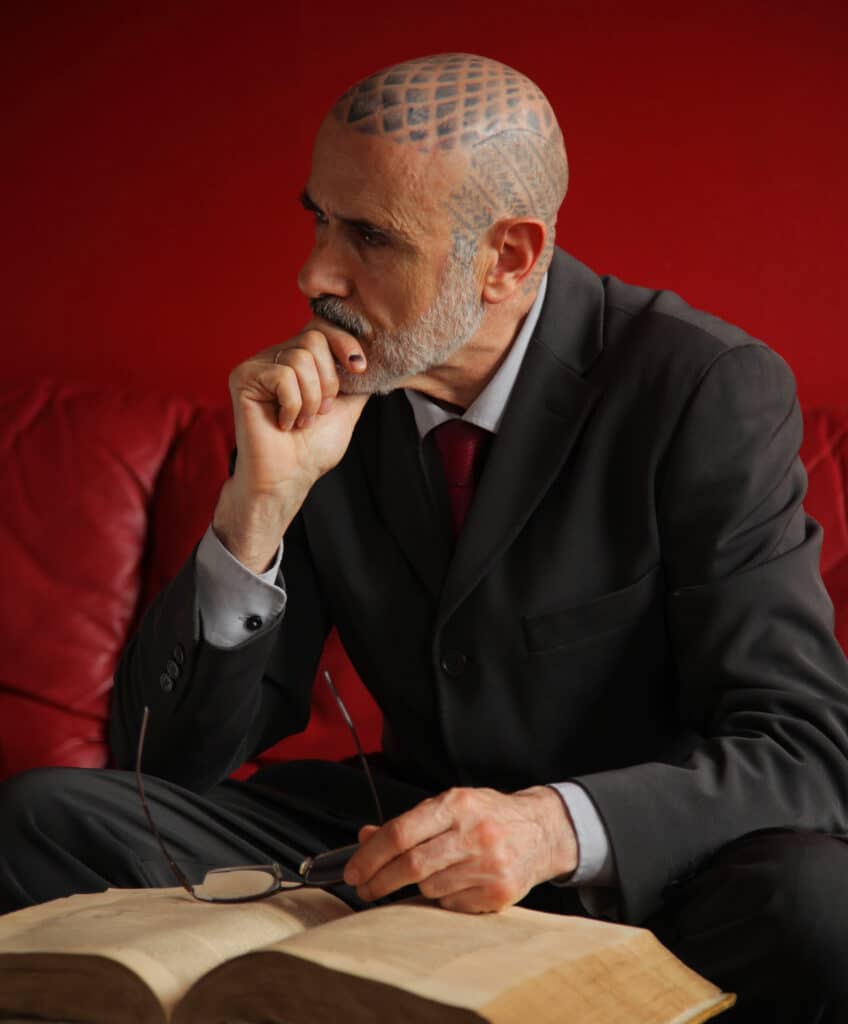
León-born filmmaker Chema Sarmiento, the author of titles like El filandón and Viene una chica, will receive the Honorary Award of the Valladolid International Film Festival in recognition of his long and interesting film career, which began in the early 80s with the medium-length film Los montes. The director from El Bierzo will collect the award on 24 October at Teatro Zorrilla in the course of the main event of the Castile and Leon’s Film and Audiovisual Day. The award presentation ceremony will take place during the Castile and Leon Film Gala, where the restored print of his film El filandón (1984) will be screened.
José María Martín Sarmiento, director, scriptwriter and audiovisual producer, was born in the village of Albares de la Ribera, in the Leonese region of El Bierzo. A resident of Paris since the mid-1970s, he graduated in Philosophy from the Angelicum Institute in Santander and obtained a degree in Art History from the University of Valladolid. Subsequently, he studied Film Directing and Editing at the Institut des Hautes Études de Cinématographie in Paris (IDHEC).
He made his film debut in 1981 with Los montes, a medium-length film halfway between fiction and reality that portrays daily life in Los Montes de la Ermita, a now abandoned village in the Bierzo municipality of Igüeña, whose protagonists are the villagers themselves. Co-produced by the IDHEC as Sarmiento’s graduation project, it was selected for the Cannes Film Festival and nominated for the French César awards for best documentary, as well as receiving numerous prizes in international competitions in Spain and France.
In 1984 he directed his first feature film, El filandón, which has become a classic in the cinematic output of Leon. Shot partly in his hometown, Albares de la Ribera, and in other Leonese towns and districts like Torre del Bierzo, Burbia, León or Mansilla de las Mulas, the film is about five people who come together in a small chapel and take advantage of nightfall to keep alive the tradition of telling stories around the fire.
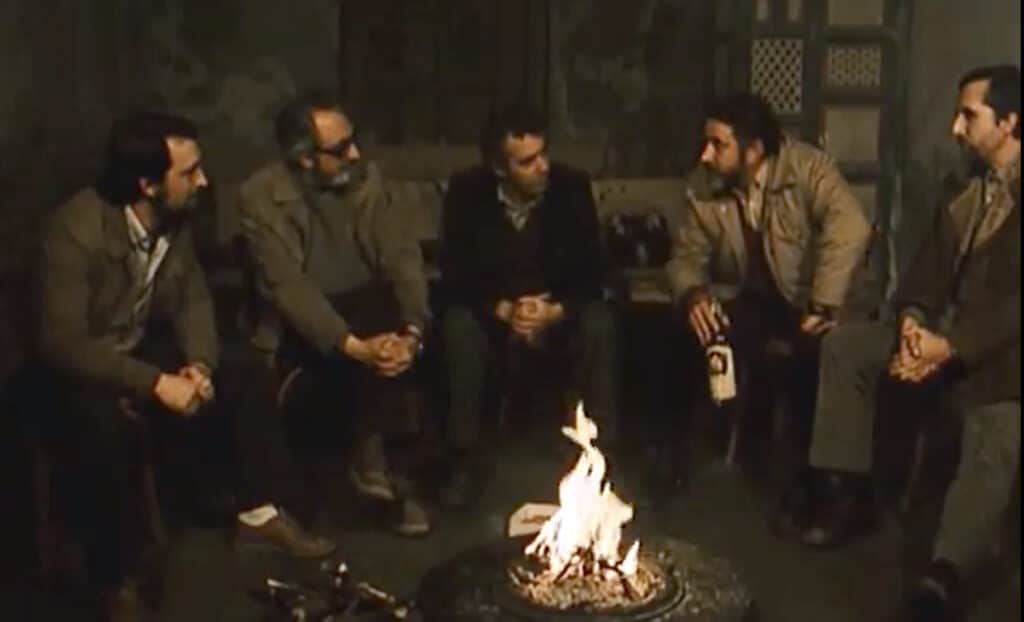
Writers Luis Mateo Díaz, Pedro Trapiello, Antonio Pereira, José María Merino and Julio Llamazares, sit around a bonfire and tell stories and legends about King Bermudo of Leon, the young Pelayo and the Moorish ruler Almanzor. The film also features the participation of prominent musicians from El Bierzo like Cristóbal Halfter and Amancio Prada. Screened in the documentary section of the 29th Seminci, the documentary was also selected for the San Sebastian, Porto and Belford festivals, where it won the Jury Prize and the Audience Award.
Following El filandón, Chema Sarmiento directed the documentary Dedicado al viento (1989), awarded at the Ethnographic Festival of Huesca, and numerous documentaries for the French-German channel ARTE: Ancares. Homenaje al viento (1989), Séville, parfum de nards et de narcisses (1992), Sierra de Ancares (1994), La Dame Blanche des Pyrénées (1998), Les Cathares (2001) and Apocalypse et fin du monde (2006), as well as the series Mahomet (2002), which achieved one of the 20 best audience ratings that year.
In 2011 he shot Viene una chica, his second feature film, which premiered in the Castilla y León en Largo section of the 56th Seminci. Based on one of the stories in the book “Los males menores”, by Leonese writer Luis Mateo Díaz -who also wrote the screenplay- the film stars Tino, a 17-year-old boy with Down’s syndrome. With his school friends, his sister and his sister’s gang, we see him discover both love and the little misfortunes that come along with it. Through a series of amusing adventures, the protagonist prepares himself to face life with a new attitude.
In addition to being an editor, scriptwriter, producer and director, Chema Sarmiento has developed a long career as a teacher at France’s national film school (FEMIS), where he has taught filmmaking and scriptwriting. In the last two years, he has worked on the digitalisation and restoration of his first two films, Los montes and El filandón, with the support of the Castile and Leon’s Film Archive and the Antonio Pereira Foundation.
Films from Castile and Leon
The fest section named Castilla y León en Corto (‘Castile and Leon in Short’) will be screening this year’s selection of short films either directed by filmmakers from this region or shot in Castile and Leon’s territory: a sidebar organised in collaboration with the Regional Ministry of Culture, Tourism and Sport of the Regional Government of Castile and Leon). The selected titles are Au Pair, by David Pérez Sañudo; Magia negra, by Almudena Vázquez; Plein air, by Raúl Herrera; Quizás mañana, by Lucía Lobato; Ramiro, pastor de por vida, by Eduardo Margareto; Tierra, by Jenifer de la Rosa; and Zombie Meteor, by Alfonso Fulgencio and José Luis Farias. All of them will compete for the award for Best Short Film in this section.
Finally, this year the Castilla y León en Largo section (‘Long features from Castile and Leon’) will include the documentaries Carraco, by Carlos Cazurro, on the ancestral use of the ratchet as an element of communication; Comuneros, by Pablo García Sanz, which recounts the events that took place in the Crown of Castile around the year 1521 during the so-called “War of the Communities of Castile” (the Comuneros Revolt); Confesiones de un artista, by Alejandro Iodice, Ángela Aguilar and Ramón Margareto, in which writer and journalist Ramón Margareto revisits, in the form of a memoir, his intense life, both artistic and personal; Héroes en el Congo, by Eduardo Margareto, which is a tribute to all the missionaries who have given their lives to help the poorest; La voz y el martillo, by Víctor M. Díez, Rodrigo Martínez and Ismael Aveleira, a screen adaptation of the stage play by the same name about the world of labour as seen from an ethical-aesthetic perspective.




